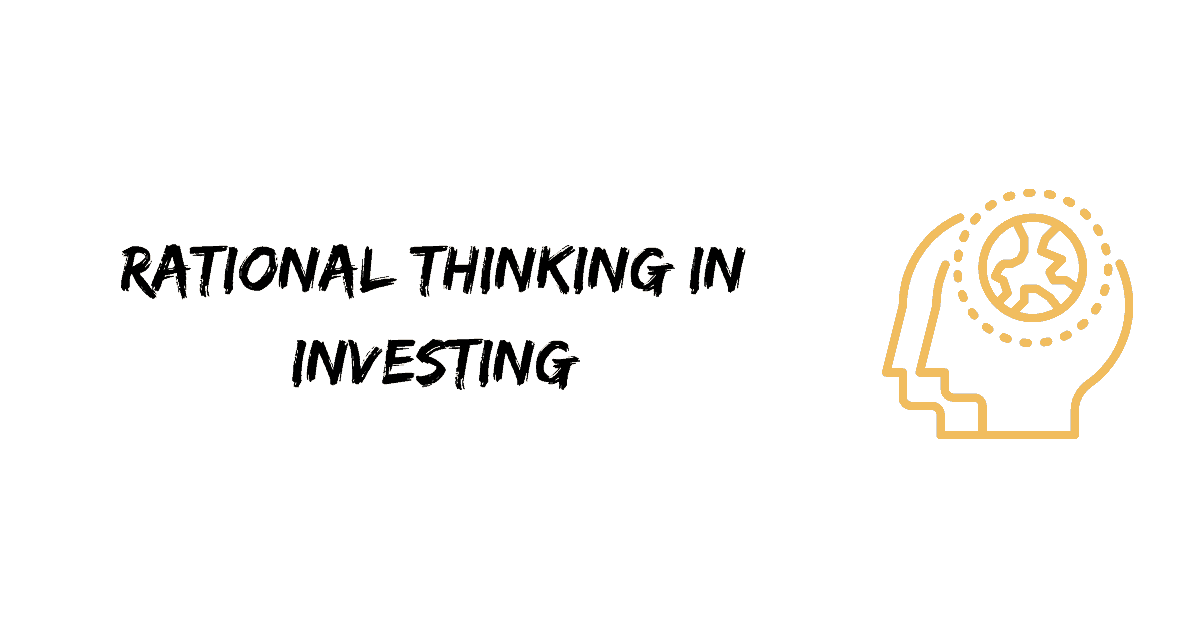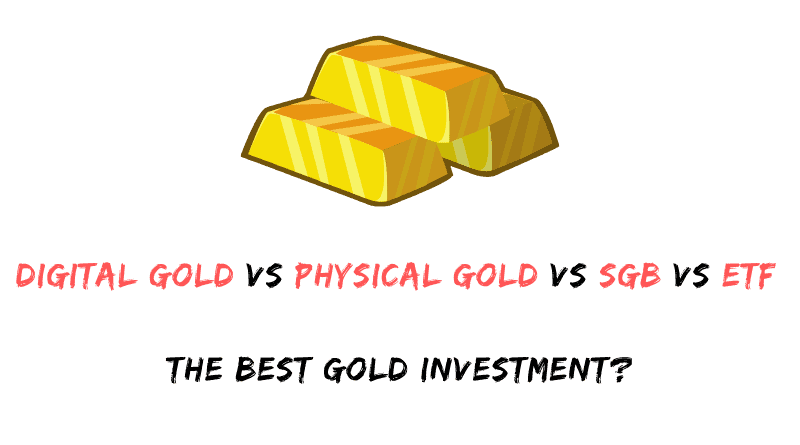Every single one of us is a sensitive individual.
Emotions and investing, unfortunately, do not blend in today’s world.
Worse, pessimistic feelings have a much more profound effect on us than positive emotions.
Didn’t win the Rs 50,000 lottery?
It’s all right.
Have you misplaced Rs 500 from your wallet?
What? How? Check it out!
There is no universal agreement on this, but according to some psychologists, negative news affects 2.5 times more than positive news of the same nature.
Following the March 2020 market collapse, several investors withdrew their funds.
Many people were so disappointed that they decided never to engage in the stocks again.
Few will return. They will, though, return after the prices have already risen.
They’d believe they’re making a wise choice.
However, they will be losing out on a lot of high-growth opportunities.
Buying low and selling high, or not buying high and selling somewhat higher, is how money is made.
It’s a terrible feeling to see the savings plummet by 10%. Then there’s another 10%. Then there’s another 10%. Then came a steady downturn that lasted days and weeks.
It took place in March 2020.
Consider it.
“Is this it?” you wonder at any fall. Would it continue to rise from here? “Will it go up, or will it go down?”
And it starts to go downwards.
Going through this dreadful move will sap anyone’s emotional energy.
You can’t make a decision if you don’t know what’s going to happen next.
However, this is not the case for the majority of people.
Many people believe that the crisis is just temporary, that things will get easier, and that the economies will rebound.
And then, they try to sell everything and leave the markets considering their feelings.
This is an example of emotional decision-making. It isn’t a fair method of decision-making.
A lot of investing boils down to learning to listen to and follow your logical reasoning brain while ignoring what your emotional brain is urging you to do.
This is so at all times, not just when the stocks are down.
This applies to market highs as well.

















